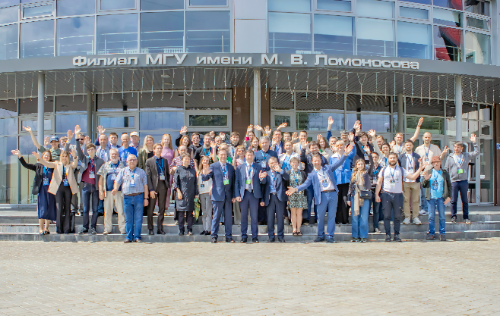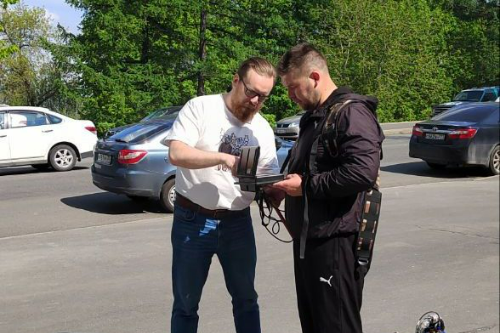Species are regarded invasive aliens if they have been introduced into the region either intentionally or accidentally or arrived in the new territory through expansion. Scientists selected 52 most widespread and dangerous alien species from the long list including, e.g., Sosnowsky’s hogweed, Canadian pondweed, Colorado potato beetle, onion and potato parasitic nematodes, etc.
The entry for each species includes a general description, biological and ecological characteristics, distribution history and patterns. Special focus is on the species’ aggressiveness and harmfulness, either observed or potential, for natural ecosystems, human health, and the region’s economy. The methods to control and combat the dangerous aliens are described.
Invasive species are a globally recognized problem and many countries are developing relevant policies. Russia also needs to intensify control of such species. The key challenges for this mission are inadequate legislation, general shortage of information, and low public awareness.
Preparation and publication of the book “Invasive Plants and Animals in Karelia” was made possible by the research carried out within the 3-year international project DIAS under the Karelia Cross-border Cooperation Programme 2014–2020.
The number of hard copies is limited but the electronic version will be in open access on KarRC RAS website. The authors hope that the edition will be of interest not only for specialists in the field but also for university professors and students, schoolchildren, and for any person caring for the nature of their native land.
International
News

April 13, 2022
On April 20th KarRC RAS will be the venue for the presentation of the book “Invasive Plants and Animals in Karelia”. This is the first ‘black book’ of local flora and fauna published in the republic. It has gathered information about alien species that are aggressively occupying the new territory and can affect human health, agriculture, and local ecosystems. The edition will be of use both for specialists and for a general readership.
See also:

September 19, 2025
Researchers from BRICS+ countries network to study human-altered ecosystems
Studies of human-altered ecosystems were the key theme of the international webinar organized by the Karelian Research Centre RAS for scientists from Russia, India, China, and Belarus. Researchers shared expertise on the application of modern approaches and the results of their work, and agreed to create an expert network for further interactions.
Studies of human-altered ecosystems were the key theme of the international webinar organized by the Karelian Research Centre RAS for scientists from Russia, India, China, and Belarus. Researchers shared expertise on the application of modern approaches and the results of their work, and agreed to create an expert network for further interactions.

July 10, 2025
International School “Interaction of Hydrogen Isotopes with Structural Materials” was held at the National Center for Physics and Mathematics in Sarov, Novgorod Region. Karelian scientists gave a lecture and presentations on computational materials science – an efficient tool for rescaling test-sample experimental data to real-life power reactor structures.

June 6, 2025
Study trip to KarRC RAS helps specialist from Vitebsk master new electrical resistivity imaging techniques, with applications in construction
Cooperation of Karelian Research Center RAS with Vitebsk State University continues. On June 5, the University's Master's student Dmitry Lysov completed his practical training course. The construction industry specialist studied the geophysical methods used by researchers at KarRC RAS.
Cooperation of Karelian Research Center RAS with Vitebsk State University continues. On June 5, the University's Master's student Dmitry Lysov completed his practical training course. The construction industry specialist studied the geophysical methods used by researchers at KarRC RAS.

June 5, 2025
Scientists from India and Russia lecture on mathematical modeling of communication systems at IAMR KarRC RAS
Institute of Applied Mathematical Research KarRC RAS is hosting a set of lectures of stochastic modeling of telecommunication systems. Scholars from the Indian Institute of Technology Delhi (IIT-Delhi) are appearing before young scientists from Russia and India as invited professors.
Institute of Applied Mathematical Research KarRC RAS is hosting a set of lectures of stochastic modeling of telecommunication systems. Scholars from the Indian Institute of Technology Delhi (IIT-Delhi) are appearing before young scientists from Russia and India as invited professors.


